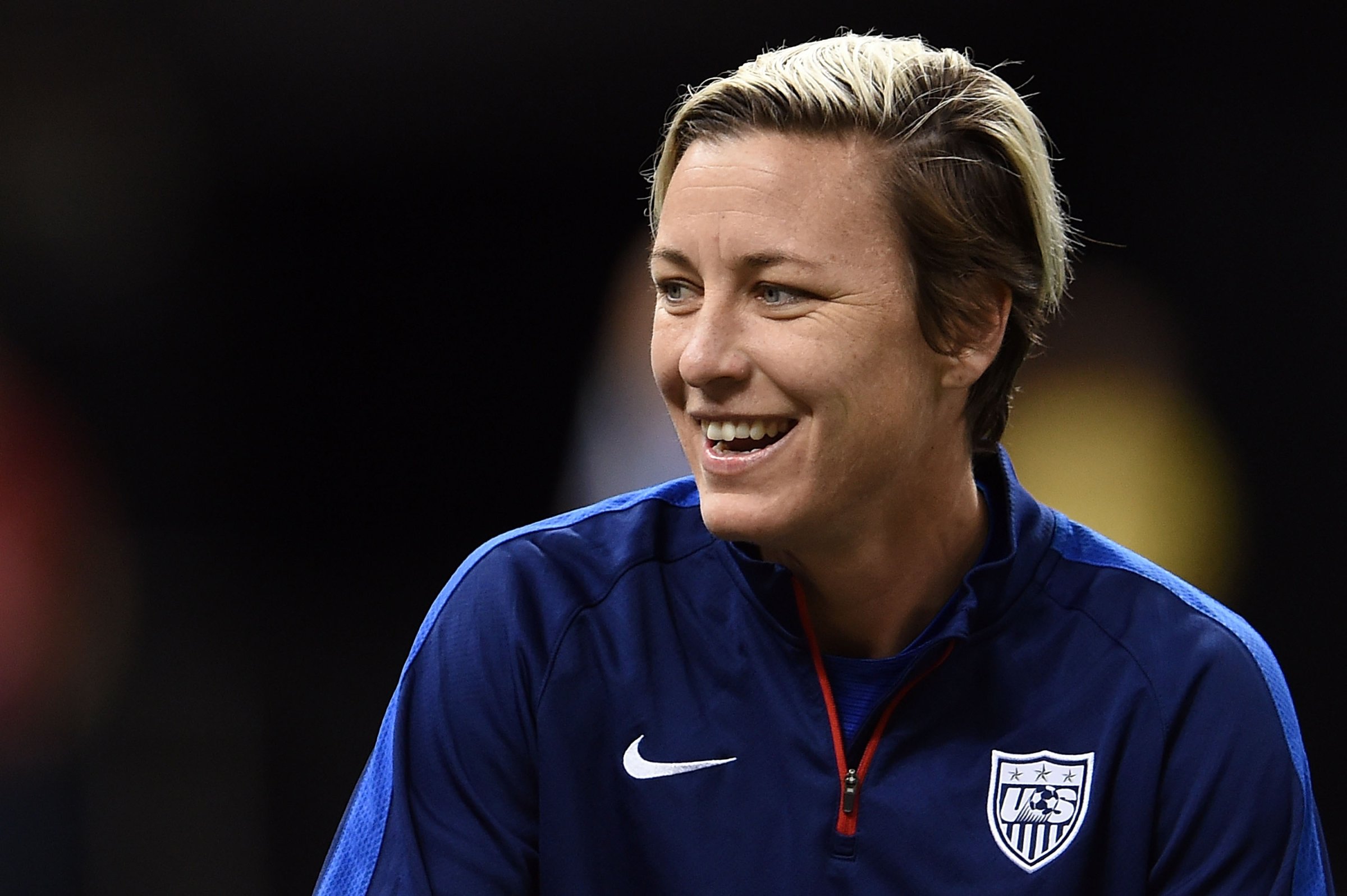
A few days ago, I saw that my former teammate, Mia Hamm, had tweeted about eight-year-old Mili Hernandez, whose soccer team was disqualified from a tournament in Nebraska after officials insisted that she was a boy.
I can relate to what Mili is going through. I understand what it’s like to get weird looks in women’s bathrooms. I understand what it’s like to be judged for not looking like other girls. And I definitely remember being hit with a lighting bolt of shame and embarrassment the first time someone told me I ”looked like a boy.”
Our society uses labels to make people feel safe. But all it does is make those of us who don’t fit into those labels feel alone. I don’t want Mili to ever feel bad about expressing herself. Because guess what? Our differences are often what make us successful. I know that the differences I brought to the table contributed to my success on the U.S. women’s national soccer team.
It’s utter bulls—t that women are only valued or judged by the way they look, while men are almost always judged by their talent and skill. This happens because young girls and boys have historically been given poisonous messages about what it means to be a boy and what it means to be a girl. And these messages have become part of our societal structure.
This is about more than just playing in a soccer tournament. This is about the message we’re sending to an eight-year-old girl. The adults in this situation didn’t do their due diligence to protect a child’s feelings, which should be the most important consideration.
Now, Mili may have to deal with bullying from others and the embarrassment that comes from being thrust into the spotlight. Mili had to tell the world: “Just because I look like a boy doesn’t mean I am a boy.” That’s not something she or any young girl should have to do. Mili doesn’t look like a boy. She looks like Mili.
As we continue to evolve, I hope that more people will embrace the idea that gender is on a spectrum and that each of us is going to fall in a different place. How we present ourselves to the world doesn’t matter. The only thing that matters is that we’re true to ourselves. That’s what we need to teach our kids. Young girls — whether they have long-hair, short-hair, brown skin, light skin, blue eyes, brown eyes — should be able to express themselves however they want.
The Mili Hernandezes of the world need to know that they’re not alone. Their situation will be better because women before them have fought these battles and will walk beside them.
I’ll be damned if Mili has to walk the same road I did. I persevered through stereotypes and judgment so that her path could be a little bit easier than mine.
(As told to Samantha Cooney)
Abby Wambach is the all-time leading scorer in international soccer history and helped lead the U.S. women’s national soccer team to Olympic gold medals in 2004, 2012 and the 2015 World Cup.
More Must-Reads from TIME
- Donald Trump Is TIME's 2024 Person of the Year
- Why We Chose Trump as Person of the Year
- Is Intermittent Fasting Good or Bad for You?
- The 100 Must-Read Books of 2024
- The 20 Best Christmas TV Episodes
- Column: If Optimism Feels Ridiculous Now, Try Hope
- The Future of Climate Action Is Trade Policy
- Merle Bombardieri Is Helping People Make the Baby Decision
Contact us at letters@time.com